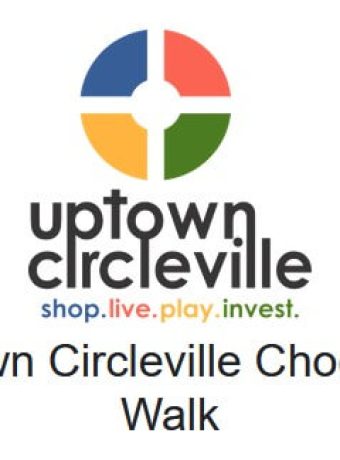Ten ways to keep our communities vibrant
It’s usually no contest when it comes to sales. Because of their ability to purchase massive quantities of goods, giant retailers like Best Buy, Wal-Mart, Barnes & Noble and Target have small retail operations beat when it comes to discount pricing. But are low prices all they’re cracked up to be?
Anyone whose town has seen the arrival of a big box store is probably aware of the changes its construction has brought with it: increased traffic, increased crime, increased flooding due to run-off from its gigantic paved parking lot, and many low-paying jobs, to name a few. A community that must accommodate these imbalances faces increased expenses, and, depending on the economic incentives offered to the newcomers, may have to issue local tax increases, higher real estate assessments, and extra fees. So are the low prices really what they seem? The answer is difficult to discern.
If the lowest prices are the only way to lure customers, the dilemma is a troubling one. However, there are many ways in which locally owned and operated businesses have a leg up on big box stores. Here are 10 of the best reasons for patronizing local independent retailers:
- They’re more willing to purchase their stock from local, regional, and state producers, whether it’s sausage, software, summer squash or scissors. Supporting suppliers in the area contributes to the economies of neighboring towns and counties, too.
- They can be more responsive to the needs of the local community and can stock up with snow shovels and lutefisk when the situation calls for it. They know when the Polka Fest and the county fair are every year and won’t run out of lawn chairs and Styrofoam coolers at inopportune times.
- They tend to hire local young people and retirees, who, in turn, spend a portion of their paychecks in town.
- They can offer special orders and, on occasion, bulk purchasing if customers request them, for example, of gluten-free bakery products or hardwood mulch.
- They support local schools through team sponsorships, athletic and drama program advertising, work-study placements and mentoring, because they know students’ parents appreciate it, and they also realize students may eventually become customers themselves.
- They live, shop, bank, worship, and educate their children locally, so their rent and mortgage, entertainment, tithing and tax dollars stay in the area.
- Because of their strong personal ties to community members, they are less likely to pick up and move out of the community during hard economic times.
- They join local civic groups like Rotary or Lions Club that support special projects and offer scholarships, and they hold public office, thus contributing to a healthy and vital community.
- Their success means the community’s success. For example, they may use a local printer for their advertising flyers, enabling the printer to print posters for the high school play at a reduced cost; the local grocery co-op sells locally produced fruits and cheeses for another shop’s gourmet cooking classes, helping keep community farms alive; the local farmers host field trips for local fourth-graders whose families patronize the local pizza joint which buys tomatoes and lettuce from the co-op. Synergy in action!
- They restore a personal touch and a time-honored work ethic to the business of providing goods and services to the public. They know the power of calling customers by name and following through on promises, which is not often the case with a large chain store.
Local business owners — whether mom-and-pop operations, mother-son partnerships or brother-and-sister ventures — are vital to communities. And communities are vital to local businesses, because they’re part of the fabric of the local culture in a way corporate giants can never be. We need them, and they need us. Loyal customers can keep them alive and thriving.
By Marjorie A. Burke
- Indulge Your Sweet Tooth at Uptown Circleville’s Annual Chocolate Walk - April 9, 2024
- Experience the Magic of the Season: Santa House Hours Announced in Uptown Circleville! - December 1, 2023
- Experience the Magic of Christmas in Pickaway County - November 22, 2023




